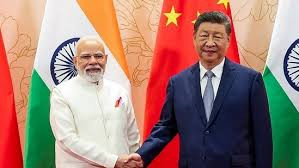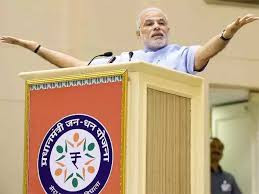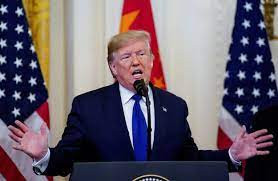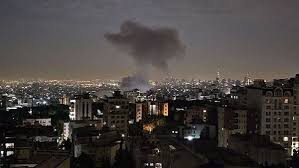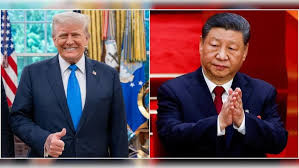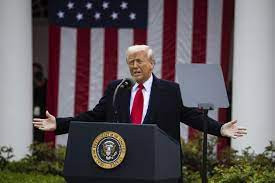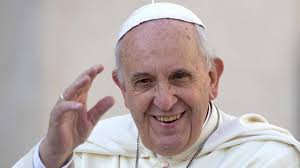Turkish Citizens Protest Against Rising Dictatorship: A Nation's Struggle for Democracy
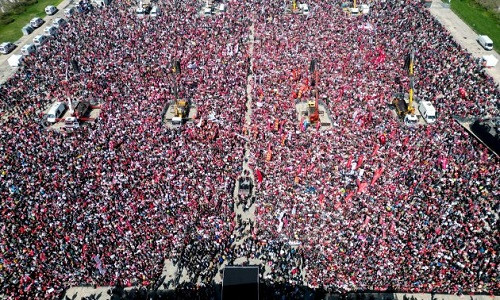
Turkey has witnessed an escalating wave of protests, as thousands of citizens take to the streets to voice their discontent with the increasing authoritarianism of President Recep Tayyip Erdoğan's government. What began as sporadic demonstrations has grown into a significant movement against what many in Turkey see as an erosion of democracy and the rise of dictatorship. With growing concerns over the centralization of power, the suppression of political opposition, and curtailments of freedom of expression, Turkish citizens are now more determined than ever to make their voices heard.
The protests reflect deep frustration with Erdoğan's administration, which has systematically undermined democratic institutions and curtailed civil liberties. Critics argue that Erdoğan's government has become increasingly dictatorial, centralizing power in the hands of the executive and undermining the independence of the judiciary, the media, and civil society. The recent constitutional changes, which grant the president sweeping powers, are seen as a significant step towards authoritarian rule. These reforms have led to fears that Turkey is sliding towards an era of dictatorship, with the government exerting greater control over every aspect of political life.
The protests have been fueled by a series of controversial policies, including crackdowns on opposition parties, restrictions on the press, and the imprisonment of journalists and political activists. In many cases, those who speak out against the government have faced arrest, intimidation, or worse. The Turkish media, once a vibrant and diverse landscape, is now largely controlled by government-affiliated outlets, leaving few independent voices in the public sphere. This has stifled free speech and limited the ability of citizens to engage in open political discourse.
One of the most glaring issues driving the protests is the government's response to political opposition. The arrest and prosecution of opposition leaders, most notably from the pro-Kurdish Peoples' Democratic Party (HDP), has sparked outrage both domestically and internationally. Critics argue that these actions are part of a broader effort to suppress dissent and weaken the opposition, ensuring that Erdoğan and his allies retain control over the political landscape. With the government's crackdown on political opponents, many citizens are left feeling that their voices are being silenced.
Economic hardship has also played a significant role in the protests. Turkey's economy has faced significant challenges in recent years, with rising inflation, a devalued currency, and high unemployment rates. The government's inability to effectively address these economic issues has led to widespread dissatisfaction among citizens, especially in the face of an increasingly authoritarian regime. The economic downturn, combined with growing political repression, has created a volatile situation in which ordinary citizens are finding it harder to ignore the authoritarian drift of their government.
Despite the government's heavy-handed tactics, the protests have gained traction, with demonstrators from diverse political backgrounds uniting against the rise of dictatorship in Turkey. Citizens from various ethnic, religious, and political groups are participating in the protests, recognizing that the fight for democracy transcends party lines. What unites them is a shared commitment to restoring democratic principles, protecting human rights, and ensuring that future generations are not subjected to the autocratic rule that has taken root under Erdoğan.
Internationally, the protests have drawn attention to the deteriorating state of democracy in Turkey. Many Western governments have expressed concern over the erosion of democratic norms in the country, with some calling for greater efforts to hold the Turkish government accountable for its actions. However, Erdoğan’s government has shown little willingness to heed international criticism, dismissing it as interference in Turkey's internal affairs. As the protests continue, the international community faces the challenge of balancing diplomatic relations with Turkey while supporting the aspirations of Turkish citizens for a freer, more democratic society.
In conclusion, the ongoing protests against the rise of dictatorship in Turkey represent a pivotal moment in the nation’s history. The citizens who have taken to the streets are not only protesting against the actions of a single leader but are fighting for the preservation of democratic values and human rights. As the situation in Turkey continues to evolve, it is clear that the struggle for democracy is far from over. The outcome of this movement will have profound implications not just for Turkey but for the broader Middle East, where democratic aspirations often collide with autocratic regimes. Whether or not the protests succeed in altering the course of Turkey’s political future remains uncertain, but one thing is clear: the fight for freedom and democracy in Turkey is alive and well.
You might also like!


